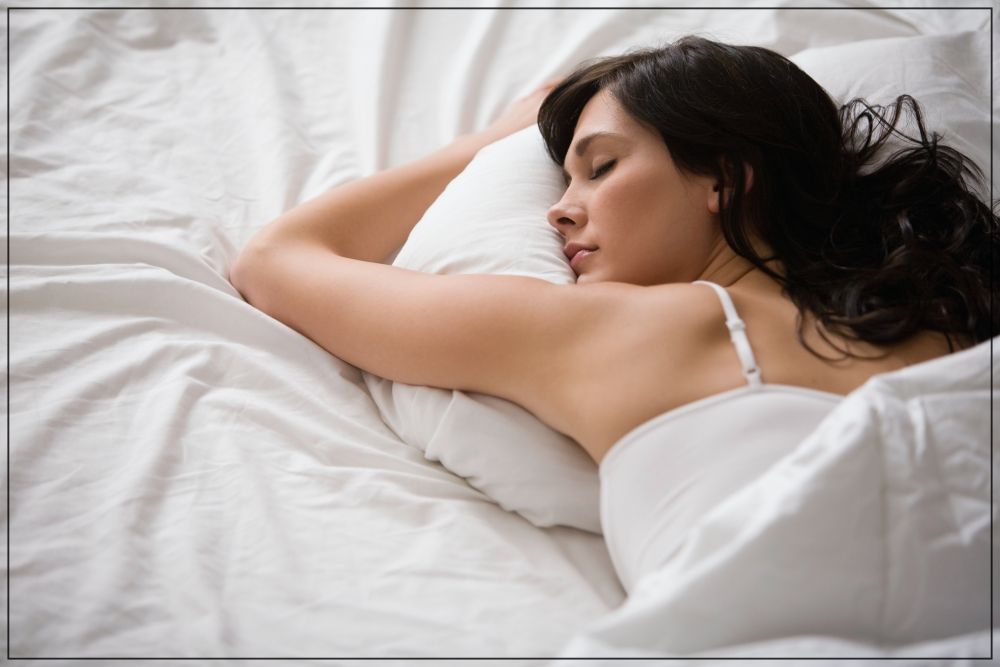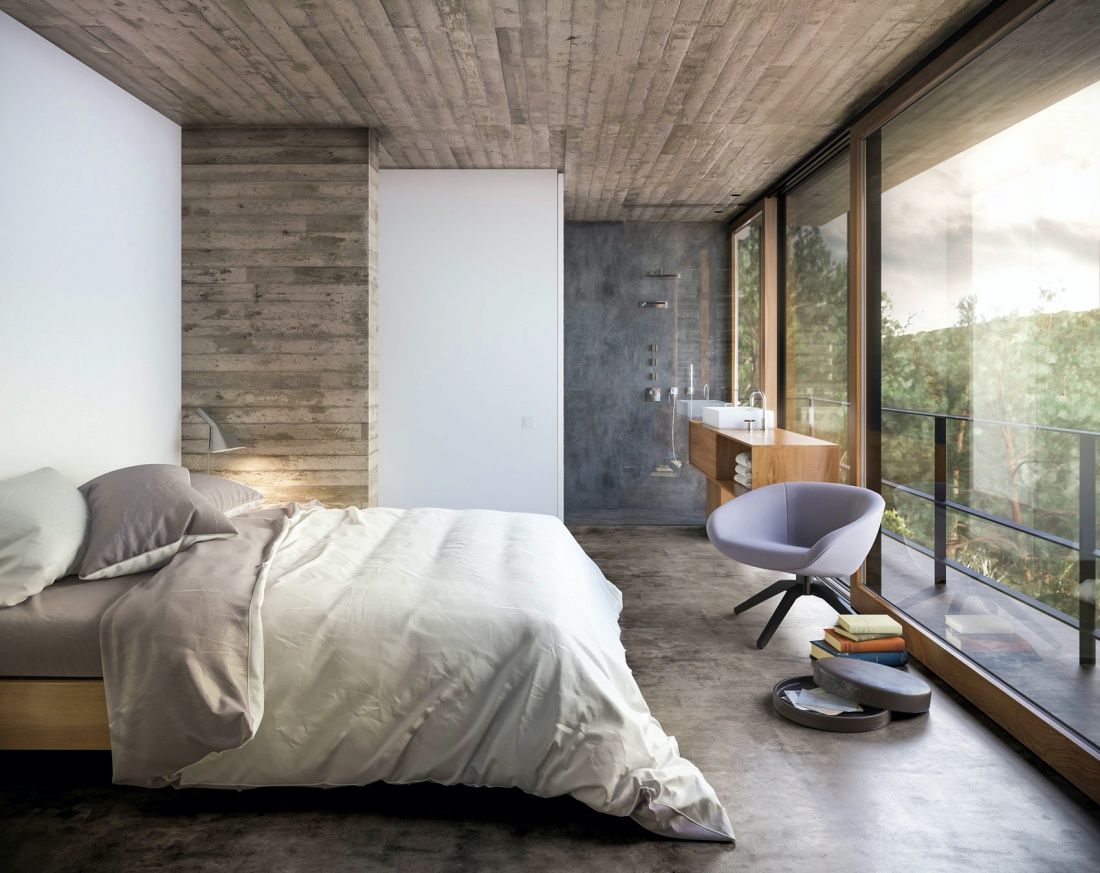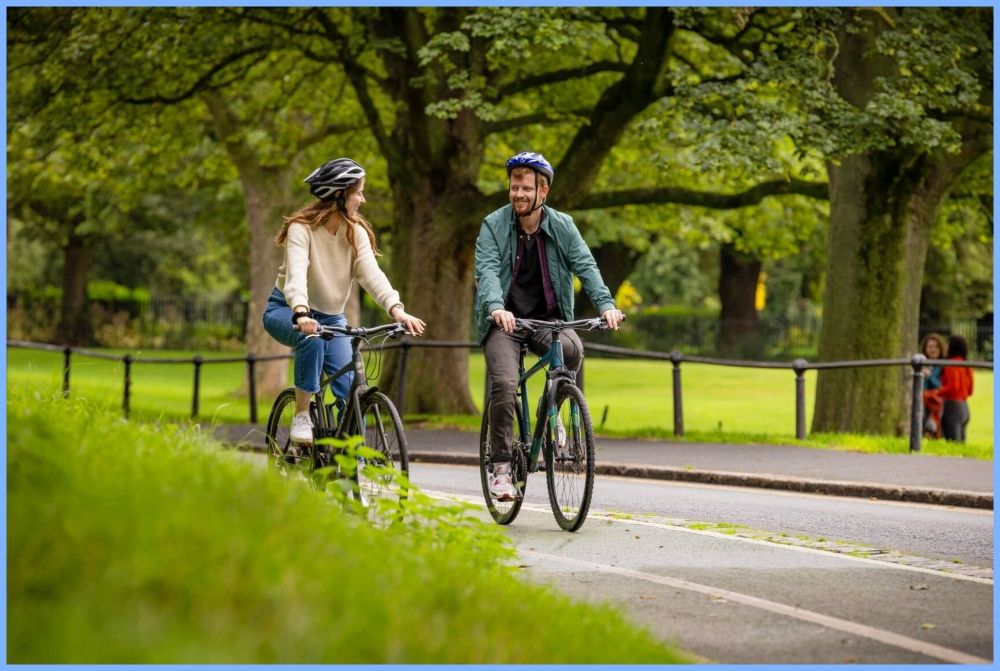If you’re reading this article, you’re probably one of the many people who struggle with falling asleep quickly. Whether it’s due to stress, anxiety, or simply an overactive mind, the struggle to fall asleep can be frustrating and exhausting. The good news is that there are proven techniques that can help you fall asleep fast, even if you only have five minutes to spare.
First and foremost, it’s important to create a relaxing environment that’s conducive to sleep. This means minimizing noise and distractions, dimming the lights, and keeping the temperature cool and comfortable. Once you’ve set the stage for sleep, it’s time to focus on calming your mind and body.

One effective technique for falling asleep quickly is deep breathing. By taking slow, deep breaths and focusing on your breath, you can calm your mind and relax your body. Another technique is progressive muscle relaxation, which involves tensing and then relaxing each muscle group in your body, starting with your toes and working your way up to your head. By practicing these techniques regularly, you can train your body to relax and fall asleep faster, even when you’re feeling stressed or anxious.
Creating the Right Environment to Help You Sleep Fast in 5 Minutes
Creating the right environment is crucial to falling asleep quickly. Here are a few things we can do to prepare our sleeping space:
Adjusting the Room Temperature
It’s important to keep the room temperature between 60-67°F (15-20°C) to promote better sleep. We can adjust the thermostat or use a fan to cool down the room if necessary. If the room is too cold, we can use extra blankets to keep us warm.
Reducing Noise Levels
Noise can be a major distraction when trying to sleep. We can reduce noise levels by using earplugs, white noise machines, or even a fan to create a soothing background noise. If there are loud noises outside, we can use heavy curtains or blinds to block out the sound.
Investing in Comfortable Bedding
Investing in comfortable bedding can make a big difference in our ability to fall asleep quickly. We should choose a good mattress, pillows, mattress topper, sheets,… that are comfortable and supportive. Memory foam pillows and mattress toppers can help relieve pressure points and promote better sleep. We can also choose bedding made from breathable materials such as cotton to help regulate body temperature.

How to Sleep Fast – Relaxation Techniques
If you’re struggling to fall asleep, it’s likely that your mind and body are still active. Relaxation techniques can help you calm down and prepare for sleep. Here are some techniques that you can try:
Breathing Exercises
Deep breathing exercises can help you relax and reduce stress. To do this, inhale deeply through your nose and exhale slowly through your mouth. Focus on your breath and try to clear your mind of any thoughts. Repeat this process for a few minutes until you feel calm and relaxed.
Progressive Muscle Relaxation
This technique involves tensing and relaxing different muscle groups in your body. Start by tensing the muscles in your feet and then gradually move up to your legs, abdomen, arms, and face. Hold each muscle group for a few seconds and then release the tension. This technique can help you release physical tension and promote relaxation.
Visualization Techniques
Visualization techniques involve imagining a peaceful scene or environment. You can close your eyes and picture a calm beach, a peaceful forest, or any other place that makes you feel relaxed. Focus on the details of the scene and try to immerse yourself in the experience. This technique can help you calm down and reduce anxiety.
By practicing these relaxation techniques, you can calm your mind and body and prepare for sleep. It may take some time to find the technique that works best for you, so be patient and keep trying until you find the right one.
Lifestyle Changes to Help You Sleep Fast
Aside from relaxation techniques and breathing exercises, there are some lifestyle changes that we can make to help us fall asleep faster. Here are some of them:
Avoiding Stimulants Before Bedtime
Stimulants like caffeine, nicotine, and alcohol can interfere with our sleep. It is best to avoid consuming them at least 4 hours before bedtime. We can opt for decaffeinated beverages or herbal teas instead. Additionally, we should avoid using electronic devices like smartphones, tablets, and laptops before bedtime as the blue light emitted by these devices can also disrupt our sleep.
Establishing a Consistent Sleep Schedule
Our body has an internal clock that regulates our sleep-wake cycle. By establishing a consistent sleep schedule, we can train our body to fall asleep and wake up at the same time every day. This means going to bed and waking up at the same time, even on weekends. It may take some time to adjust, but it will be worth it in the long run. We can also create a relaxing bedtime routine to help us wind down and signal to our body that it’s time to sleep.
Exercising Regularly
Regular exercise can improve our sleep quality and help us fall asleep faster. However, we should avoid exercising too close to bedtime as it can increase our heart rate and make it harder to fall asleep. It is best to exercise in the morning or early afternoon. We can also try yoga or stretching exercises before bedtime to help us relax and release tension.

Other Tips
Aside from the techniques mentioned above, there are other tips that can help you fall asleep quickly. Here are some additional tips that you can try:
Using Aromatherapy
Aromatherapy is the use of essential oils to promote relaxation and sleep. Some essential oils that can help you sleep include lavender, chamomile, and ylang-ylang. You can use these oils in a variety of ways, such as:
- Adding a few drops to a diffuser
- Applying a drop or two to your pillowcase
- Adding a few drops to a warm bath
It’s important to note that essential oils should be used with caution, as they can be harmful if ingested or applied directly to the skin. Always dilute essential oils before use and follow the instructions on the label.
Trying Acupressure Points
Acupressure is a form of traditional Chinese medicine that involves applying pressure to specific points on the body. Some acupressure points that can help you sleep include:
| Acupressure Point | Location |
|---|---|
| Heart 7 | On the wrist, in the crease where the hand meets the wrist |
| Pericardium 6 | On the inside of the wrist, about two finger-widths from the crease |
| Bladder 62 | On the outside of the ankle, just below the ankle bone |
To use acupressure, apply firm pressure to the point for 2-3 minutes, taking deep breaths as you do so. You can do this before bed or if you wake up in the middle of the night and can’t fall back asleep.
Using White Noise
White noise is a type of sound that contains all frequencies at equal intensity. It can help mask other sounds that might be keeping you awake, such as traffic or a snoring partner. You can use a white noise machine, a fan, or an app on your phone to create white noise.
It’s important to note that white noise should be used at a low volume, as exposure to loud noise can cause hearing damage. Additionally, some people may find that white noise is too stimulating and actually keeps them awake, so it’s important to experiment and see what works best for you.
Leave a Reply